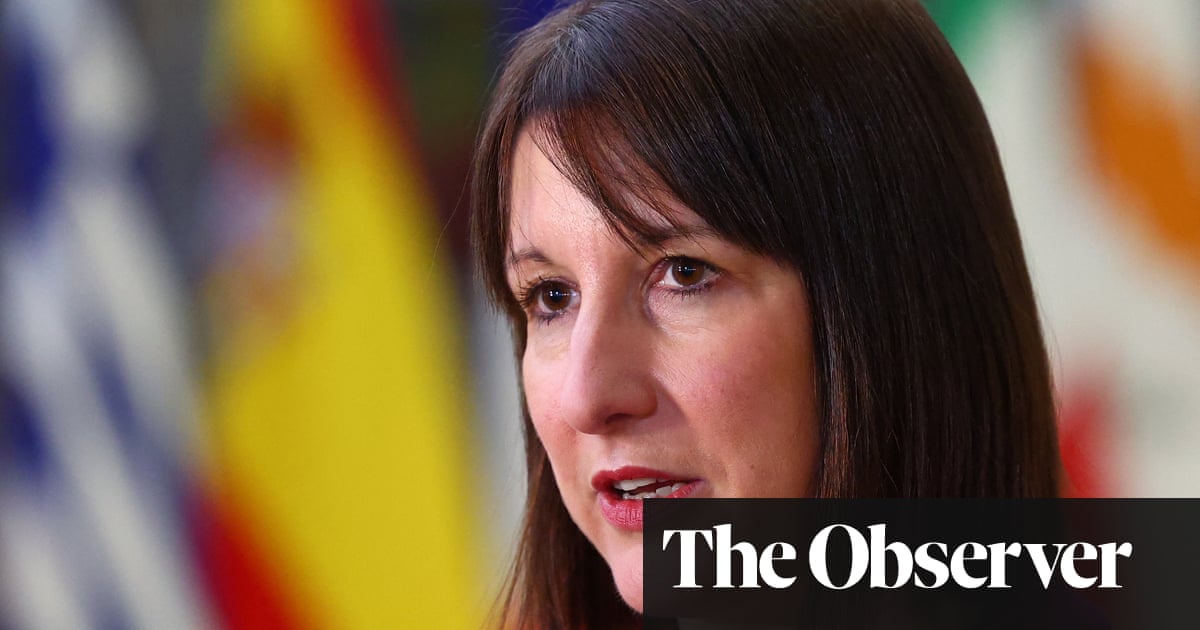Kamala Harris inspired by Keir Starmer’s ‘Ming vase’ strategy

- by Admin
- August 21, 2024

CHICAGO – Sir Keir Starmer’s landslide election victory is inspiring America’s Democrats to look to Labour’s cautious and calculated “Ming vase” campaign strategy.
This year’s Democratic National Convention (DNC) in Chicago is turning out to be far more than just a US affair – and it is increasingly apparent that Britain is the talk of the party.
I must confess that when I received an invitation to the European Union delegation meeting and reception at the convention this week, I felt an overwhelming sense of belonging. As a political adviser on the 2016 Remain campaign and a Brit who recently moved to the US, I still experience pangs of homesickness and eagerly grasp any opportunity to engage in anything UK or European-related. But as it turns out, I needn’t have worried – this year’s DNC has a distinct transatlantic current running through it.
Since arriving in Chicago, I’ve already had countless strategists, elected officials, candidates, and volunteers ask me with excitement and intrigue about Labour’s recent landslide in the UK. Amid the rousing speeches in the main hall on Tuesday night, a DNC staffer noticed my UK-US badge, leaned in, and whispered, “You guys had a great one last month, huh?”
The idea of a “special relationship” between the UK and US is thrown around without much substance. But it’s taking on new significance as Democrats gear up for this monumental election.
Democrats here tell me the lessons from Keir Starmer’s approach are invaluable. His cautious yet calculated “Ming vase” strategy to restore trust, credibility and public service has resonated with Democrats navigating the post-but-also-pre-Trump era. The speed at which Starmer united a fractured Labour Party and presented a credible alternative to the Conservatives in July is frequently commended.
Democrats faces a similar challenge: how to build a diverse coalition that appeals to both progressives and moderates while withstanding the most divided electorate in history. They know this isn’t just about winning an election. One campaign organiser told me: “It’s bigger than that. It’s about restoring faith in the political system itself.”
Starmer’s cautious leadership faced criticism in the UK, but his measured approach recognised that voters, weary from a decade of Tory-Brexit chaos, sought stability and trust. For Kamala Harris and the Democrats, the lesson is clear: calm and caution can be a strategic strength. Like Starmer, Harris must focus on uniting the country, appealing to moderates and progressives, and offering a grounded, progressive vision.
It’s no coincidence that Labour’s top strategists Morgan McSweeney and Alistair Campbell as well as lords and newly elected MPs have all flown in to share strategies this week.
Harris and Starmer share more than just a political moment – they share a background as prosecutors, which shapes their leadership styles in compelling ways. Neither was initially as popular as Barack Obama or Tony Blair, but this contrast may be their strength.
Both are methodical, focused on restoring integrity and stability rather than dazzling the public with grand promises. This prosecutorial approach, characterised by meticulous attention to detail, might be exactly what their parties need in these uncertain times.
Both leaders also embrace a patriotism that transcends traditional left-wing struggles, offering a vision of promise and possibility for the UK and US, redefining national pride as a shared commitment to progress.

But it’s not just Labour that’s caught attention here. Two campaign managers in tight races in Wisconsin and Arizona overheard me talking about the Liberal Democrats’ success on 4 July. One leaned over to say he hadn’t even heard of Britain’s third party until Ed Davey’s election stunts, particularly the bungee jump and “Slip ‘n’ Slide”, began infiltrating his social media. Davey’s ability to gain media traction with limited resources is something these managers are keen to emulate, especially against a national opponent with a formidable media presence.
Election strategy isn’t the only thing Democrats wanted to discuss. There’s real admiration for how the UK, despite its own tumultuous political landscape, has consistently maintained peaceful transfers of power. One staffer remarked, “Imagine that! Two politicians from different parties handing over the keys like responsible adults!”
As the DNC unfolds, it’s clear that this year’s convention isn’t just about America. It matters to the UK who the US elects, and it matters to the US who the UK elects.
Brexit and Donald Trump’s election victory were twin shocks that sent waves of uncertainty through our respective nations, causing irreparable harm.
Nigel Farage often says that where the US goes, the UK follows, but in recent years, the opposite has been true. In 2016, we stumbled first with Brexit, and the US followed with Trump. Having corrected course at home, there is real hope and optimism here in Chicago that the US will follow us once again- this time, towards a more optimistic future.
Our countries’ politics and influence are interwoven into the fabric of this convention, not just offering comfort to this new Brit in the US, but reminding us that our great nations share not only challenges, but also the solutions.
Pablo O’Hana is a special adviser previously serving political figures including a deputy prime minister, secretaries of state, ministers, and three leaders of the Liberal Democrats. He worked on the campaign to Remain in the EU and helped deliver a ‘Yes’ result in Ireland’s referendum on abortion
The Latest News
-
December 23, 2024Daily horoscope: December 23, 2024 astrological predictions for your star sign
-
December 23, 2024Sharp fall in UK business activity forecast as economic gloom deepens
-
December 22, 2024Foxtel offloaded to UK streamer for $3.5b
-
December 22, 2024Elon Musk’s British cousin reveals how brutally world’s richest man snubbed him: ‘I’m shocked that…’
-
December 22, 2024‘Labour will torpedo my firm’: One of Britain’s OLDEST family businesses says inheritance tax plans could destroy his finances in ‘blink of an eye’ after 250 years of trading






